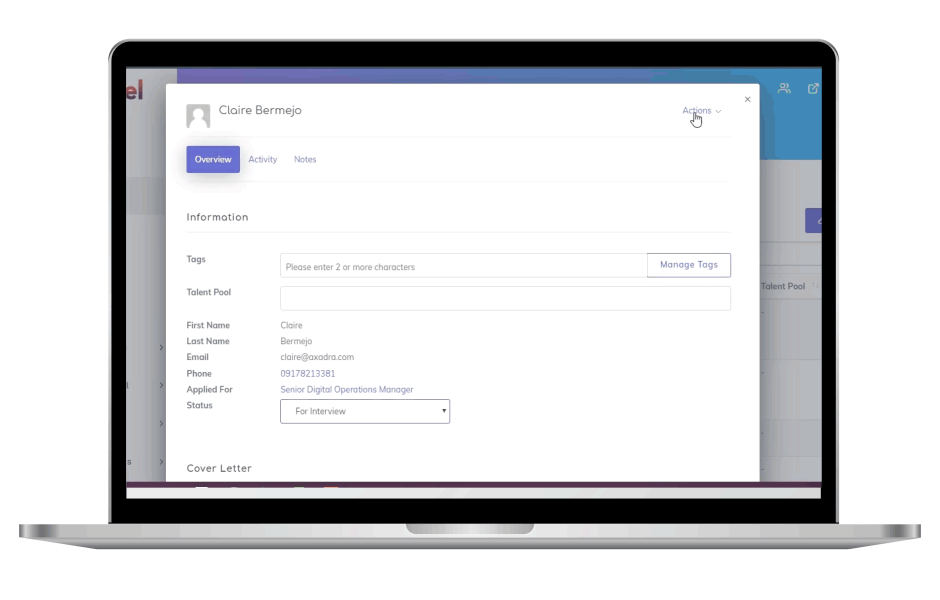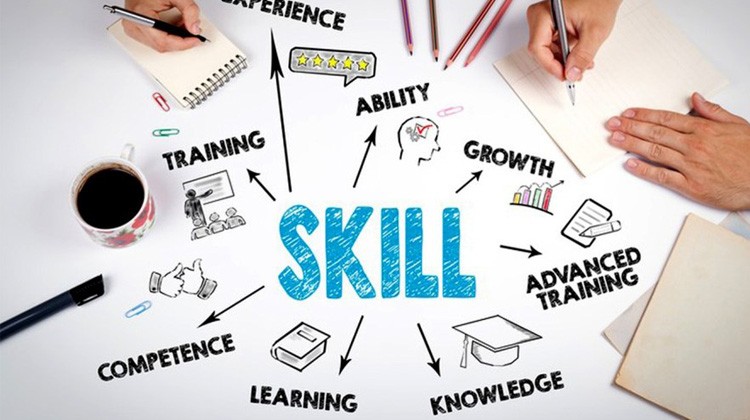With how fast the world is moving, it makes sense to feel that the skills you had a year ago are no longer enough. This 2025, the pressure to grow professionally is all too real, which is why online learning platforms are helping you upskill from the comfort of your home.
From digital marketers exploring new platforms to software engineers keeping pace with the latest languages, continuous learning has become part of the job. It’s also key to keeping your credentials relevant in this job market.
Companies are realizing that helping their teams learn and grow is essential for their long-term success and employee retention.
Luckily, there are plenty of online learning platforms that make it easier to upskill, no matter what industry you’re in or what career stage you’re in. Many businesses are even integrating advanced digital solutions like job portals with applicant tracking software to streamline hiring and ensure that skilled candidates reach the right opportunities faster.
Why is Upskilling Important?
The workplace is changing quickly. Technology is advancing, industries are shifting, and job roles are constantly being redefined. To stay competitive, both employees and employers need to adapt through skill development.
For individuals, upskilling builds confidence, opens new opportunities, and makes it easier to pivot when needed. Most companies nowadays also utilize AI in recruiting, which automates the resume review process. If your list of skills includes keywords that AI is looking for, then your resume is sure to go to the next step.
For companies, upskilling helps close skill gaps, boosts productivity, and strengthens internal mobility. It also supports the success of job portal development initiatives, where companies create custom platforms to attract, evaluate, and hire talent more efficiently. These platforms often rely on a steady stream of upskilled professionals who are ready to meet modern workforce demands.
What to Look for in an Online Learning Platform
Not all online learning platforms have the same course offerings. Some focus on tech, others on creative skills. Some offer full degrees, while others give you quick tutorials you can complete in a weekend.
Before you sign up for a learning platform, here are a few things to think about before signing up:
Course Offerings
Make sure the platform has the type of courses you’re looking for. Are you aiming to master data science, improve leadership skills, or learn design tools? The right platform should offer courses in your focus area.
Pricing and Value
Some platforms charge per course, while others work on a subscription model. Consider how much you’re willing to invest and whether the platform provides value in terms of content quality and outcomes.
Learning Experience
Good platforms deliver interactive content, practice activities, and instructor feedback that keep you engaged.
Certifications
If your goal is to boost your resume, check if the platform offers recognized certificates that employers value.
Security and Privacy
If you’re using the platform in a corporate environment, make sure that it meets security and data privacy standards.
Best Online Learning Platforms to Upskill in 2025
Here are the top learning platforms worth checking out this year:
Coursera
Coursera offers courses, certificates, and full degrees from leading universities and companies. It’s ideal for those looking to advance professionally with accredited programs. You’ll find courses in business, tech, healthcare, and more.
Pros: High-quality, university-backed content and career-focused certificates.
Cons: Monthly fees can be high if you don’t complete courses quickly.
Khan Academy
Known for its free, easy-to-follow content, Khan Academy is great for foundational learning. It’s best for subjects like math, science, and economics.
Pros: 100% free, accessible, and great for beginners.
Cons: Limited in-depth or advanced content for professional upskilling.
MasterClass
MasterClass brings you inside the minds of celebrities and experts. Whether you want to write better, speak more confidently, or become a better leader, these lessons are both inspiring and informative.
Pros: High production value and engaging instructors.
Cons: Lacks certifications and hands-on training.
Udacity
If you’re interested in tech careers, Udacity’s Nanodegree programs are a strong choice. Topics include artificial intelligence, cloud computing, and data analysis.
Pros: Project-based learning with mentor support.
Cons: Higher cost and time-intensive courses.
Skillshare
Skillshare is all about creativity and entrepreneurship. You’ll find classes in design, writing, marketing, and productivity, with lots of quick, engaging lessons.
Pros: Great for freelancers and creatives.
Cons: No certificates or structured learning paths.
LinkedIn Learning
This platform is perfect for professionals looking to strengthen workplace skills. It integrates with your LinkedIn profile, so you can showcase completed courses.
Pros: Business-focused, easy to access, and recognized by many employers.
Cons: Some courses may be too basic for advanced learners.
Udemy
Udemy offers a wide range of affordable courses on everything from Excel to coding. You buy once and get lifetime access, which is great for learning at your own pace.
Pros: Massive course selection and regular discounts.
Cons: Course quality can vary since anyone can teach.
edX
edX delivers university-level courses from institutions like Harvard and MIT. You can audit many courses for free, then pay for a certificate if you want one.
Pros: Academic-level learning and recognized credentials.
Cons: Some courses can be more theory-heavy than hands-on.
OpenLearning
Focused on social and community-based learning, OpenLearning is popular for soft skills development and corporate training. It’s also widely used in Southeast Asia.
Pros: Collaborative learning and user-friendly design.
Cons: Smaller course library compared to global platforms.
Treehouse
Designed for aspiring developers, Treehouse offers clear learning paths in web design, front-end development, and JavaScript. You’ll even complete real projects along the way.
Pros: Beginner-friendly with hands-on practice.
Cons: Less suited for experienced developers or non-tech learners.
CareerFoundry
If you’re planning a full career switch into tech, CareerFoundry provides structured programs in UX, data analytics, and full-stack development. The platform includes mentorship, job prep, and portfolio projects.
Pros: Strong career support and project-based learning.
Cons: Higher price point and requires a time commitment.
iversity.org
Based in Europe, iversity.org offers business and leadership courses with certification options. It’s a good fit for professionals looking to level up their management skills.
Pros: Practical content and free course options.
Cons: Smaller selection and less brand recognition globally.
Take Control of Your Future by Upskilling
Upskilling is an essential step to take on your career journey. While it may seem time-intensive, the right online platform can make a big difference in your journey.
With so many options available, there’s no one-size-fits-all answer. The best platform for you depends on your goals, learning style, and how much time you can commit to it. What’s important is your willingness to begin and commitment to learn – because your future is in your hands.
And as more companies adopt technologies like applicant tracking software and invest in job portal development, standing out means staying ahead. Upskill now to stay ready for what’s next.
















